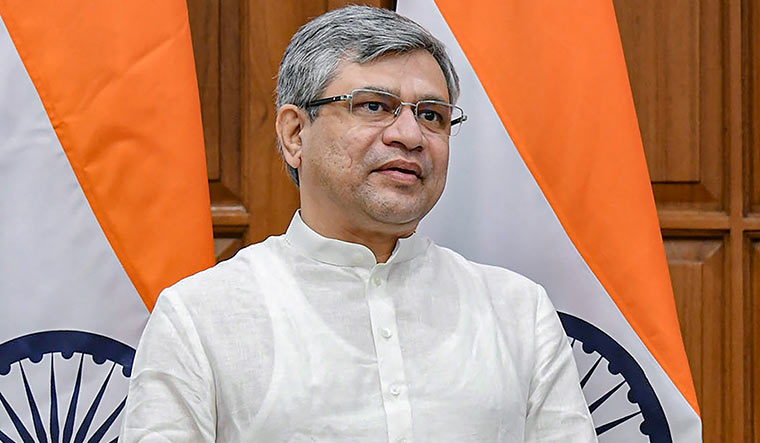Following Finance Minister Nirmala Sitharaman’s spirited defence of this year’s Union budget in Parliament yesterday and how the added capital expenditure will boost the post-Covid economy, another Union minister has come out vouching for its ‘multiplier effect’.
Union Railways, IT & Telecom Minister Ashwini Vaishnaw pointed out how the multiplier effect will add as much as Rs 22.5 lakh crore to the economy.
Speaking at an event organised by the business organisation Assocham, Vaishnaw explained how the budgetary allocation will lead to a fillip to investment to business and industry. “This year, Rs 7.5 lakh crore has been budgeted as capex by the government. It is estimated that with the multiplier effect, this will add Rs 22.5 lakh crore to the economy, which goes into the industry out of which Rs 13.5 lakh crore goes to MSMEs.
“If we follow this capital investment strategy for 5-6 more years, our economy will grow at 8 per cent consistently for the next 20 years,” he added.
Centre has adopted a strategic approach to strengthen public investment cycle, promote focused consumption and reforms and incentives for private investment to revive the economy post the once-in-a-century stress induced by Covid-19, the minister said.
This year’s Union budget was passed by the Lok Sabha yesterday. While not adding any new taxes, the budget aims for a major expenditure spree, especially in infra projects, with the assumption that the trickle-down effect will push industry also to loosen their purse strings and, in turn, drive India out of the decline of the last few years, exacerbated by the pandemic.
Questions have been raised over the past few weeks since the budget proposals were unveiled on the soundness of the strategy, especially with the Russia-Ukraine war throwing many of the calculations on which this was based on, to the winds.
The budget, officially known as the Finance Bill, now goes to the Rajya Sabha for passing, and will then come into force on April 1 once the President gives his assent.





